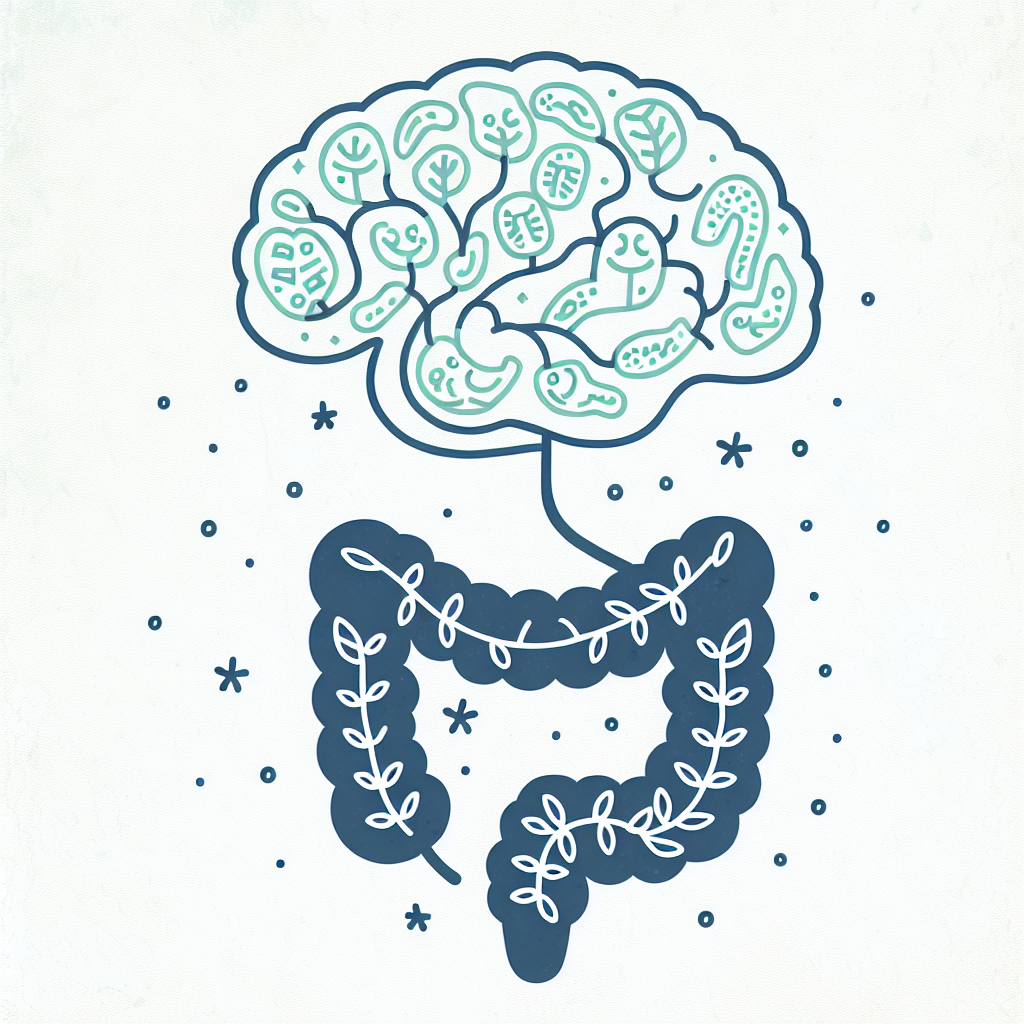### Understanding the role of Probiotics in Mental Health: A New Perspective on Brain-Gut Interaction
The intricacies of our mind and body have always been a subject of fascination for many. Over the years, scientists have unearthed numerous links connecting our brain with other components of our body. One such field of study has been the brain-gut interaction. Recent research has shown that our digestive system, or more specifically, the microorganisms inhabiting our gut, has a significant influence on our mental health. The beneficial bacteria, commonly known as probiotics, turn out to play a pivotal role in this intriguing brain-gut communication, proving to be more than just digestion helpers.
##### What are Probiotics?
Probiotics are friendly bacteria and yeasts that are naturally present in your digestive system. They come in various types, and you can find them in numerous foods and supplements. They are best known for maintaining a healthy gut and aiding digestion. But beyond these well-known functions, recent research suggests that they may have much to contribute to your mental wellbeing as well.
##### Probiotics and Mental Health
The complex network of neurons in our gut, often referred to as the ‘second brain’, communicates with our brain through various biochemical signaling pathways. This communication channel, known as the gut-brain axis, has been found to play a significant role in mental health. Probiotics, being a substantial part of our gut microbiota, help facilitate this communication.
Numerous scientific studies have shown that probiotics can influence neurotransmitter activity, modulate the immune system, and regulate the inflammatory response in our bodies, all of which have direct implications on our mental health.
##### How Do Probiotics Help?
While researchers continue to explore the vast potential of probiotics, a few key benefits have emerged that clearly demonstrate their powerful role in supporting mental health:
1. **Reducing Inflammation**: Chronic inflammation has been linked to several mental health disorders, including depression and anxiety. Probiotics have been shown to reduce systemic inflammation by modulating gut microbiota.
2. **Stabilizing Mood**: By regulating the production of neurotransmitters, such as serotonin and dopamine, which are known mood stabilizers, probiotics can help manage mood-related disorders.
3. **Reducing Stress and Anxiety**: Certain strains of probiotics have been found to reduce levels of cortisol, the stress hormone. This can help manage stress-responsive disorders like anxiety and depression.
4. **Improving Cognitive Function**: Preliminary research shows that probiotics may also improve cognition, leading to better memory and cognitive functionality.
##### How to Incorporate Probiotics in Your Diet?
Probiotics are found abundantly in fermented foods. These include yoghurt, kefir, sauerkraut, kombucha, and kimchi, among others. Moreover, there are also a wide variety of probiotic supplements available, providing different strains of beneficial bacteria. However, it’s recommended to consult a healthcare professional before starting any supplement regime.
##### Conclusion
The understanding of probiotics and their considerable role in mental health is a promising discovery. With ongoing research, it opens an avenue for innovative treatments and preventative strategies for mental health disorders. Though a lot more research is needed to fully ascertain the extent of the benefits and the mechanism of action, the role of probiotics in mental health is firmly on the scientific radar.
Remember, a healthy mind lives in a healthy body, and as it turns out, so does a happy mind! So, let’s give our gut the love and care it deserves.
_Stay healthy. Stay happy._


